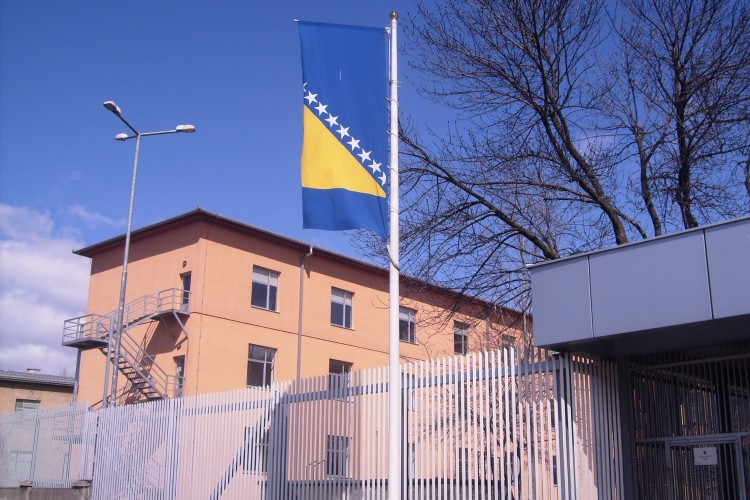 Agency for Statistics of BiH in this first release presents the data regarding National Health Accounts (NHA) for BiH which were prepared by the Working group for National Health Accounts.
Agency for Statistics of BiH in this first release presents the data regarding National Health Accounts (NHA) for BiH which were prepared by the Working group for National Health Accounts.
This first release is a result of the aggregation of data from entities statistical offices of the Federation of BiH and Republic of Srpska, as well as from Brcko District.
This year, data for the year 2015 are published for: total expenditures in health care sector by purpose of health care and sources of funding (HCxHF), total consumption in health care sector by purpose of health care and health care providers (HCxHP) and current expenditures in health care sector by providers of health care and sources of funding (HPxHF), which are in accordance with the International Classification for Health Accounts – ICHA.
Total health expenditures in BiH in 2017 amounted 2,802 million BAM, out of which 70% were public, and 30% were private expenditures.
Public health in BiH is financed mostly from mandatory health insurance, while the share of budget funds in public health is very low (municipal, cantonal, entity, and state budget).
In 2017, the share of health consumers in the Gross Domestic Product of Bosnia and Herzegovina was 8,9%.
Almost total private consumption (99%) is spent on direct household expenditures, while only a small portion of private consumption (1%) is spent on voluntary health care payments. Direct household expenditures i.e. payment “out of pocket”, include formal and informal payments. Formal payments include part-payments for public health services and part-payments for medications, other direct payments to private doctor’s offices (dentists, specialists, diagnostics, purchasing glasses, etc.) and payment for medications that are not prescribed and other therapeutic aids.
In BiH, health consumption is continually increasing. In 2013, total health consumption amounted to 2 billion 525 million KM, and it is about 280 million less than in 2017.
Long-term care services, preventive health care and health administration are almost exclusively financed out of public expenditures, while medicines and medical devices for outpatients are largely financed out of private expenditure, that is, from direct household expenditures.
In 2017, more than half of total health consumption in BiH was spent on treatment and rehabilitation services, while 1⁄4 of the funds were spent on medicines and medical devices.
For preventive care, including information programs, education and advising programs, immunization programs, early detection of diseases, monitoring of the health status of the population, epidemiological monitoring and disease risk control, and disaster response programs in 2017 was spent 1.9% of total health funds.
Hospitals are the largest health care providers in BiH with the share of approximately 36% of the total health consumption. The second largest health care providers are ambulances, with a share of approximately 29% of the total health consumption. The share of retail and other providers of medical goods is also high, and amounts to approximately 28% of total health consumption.
















